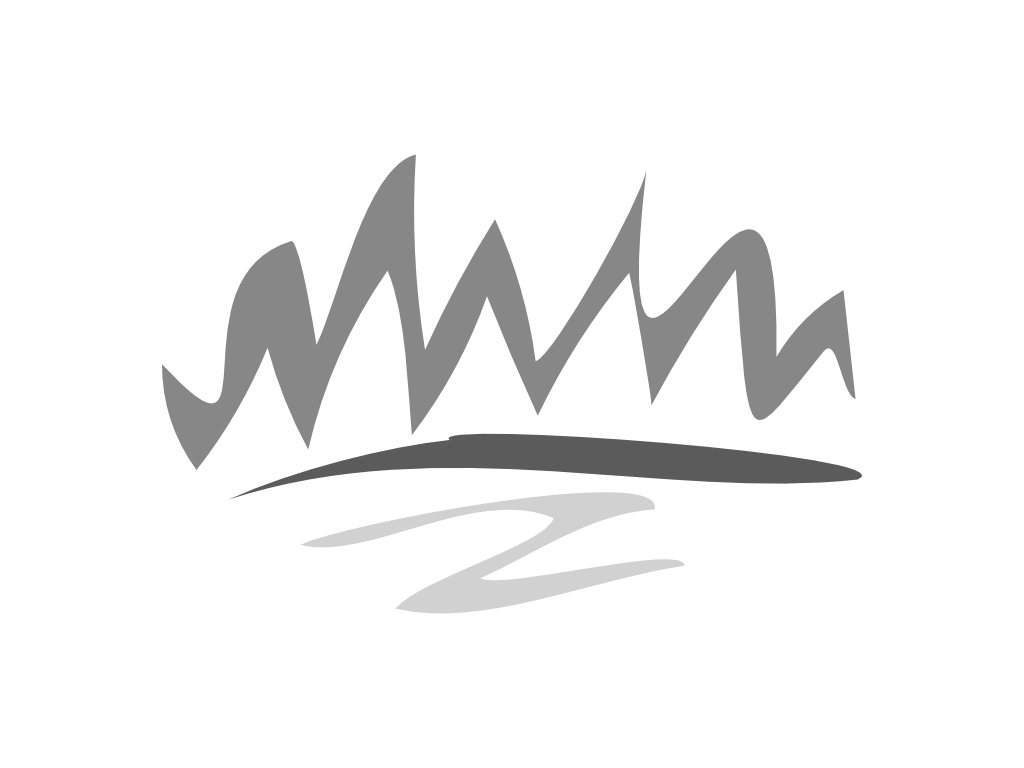
Report examines management of fire hazards resulting from logging
VICTORIA – In a study of recently logged areas, the Forest Practices Board found that fire hazard was reduced satisfactorily in most cases, but no licensees fully met the legal requirement to assess fire hazard as required by the Wildfire Act, according to a report released today.
The study examined 111 randomly selected cutblocks, harvested from 2005 – 2007, in the Okanagan-Shuswap and Central-Cariboo forest districts.
The Wildfire Act requires licensees to assess fuel hazard and the risk of a fire starting as well as spreading, and to abate the fire hazard if necessary.
In many cases, licensees assessed the fuel hazard, but in no case did they assess the risk of a fire starting or spreading. Despite the lack of compliance, fire hazards were often abated by routine practices such as piling and burning slash and debris at the roadside.
“While results were generally good, we are concerned that some licensees are not recognizing high‐risk situations, such as when trees are processed at the stump, increasing the fire hazard due to large amounts of slash left on the site,” said board chair Bruce Fraser.
The report makes three recommendations for improvement to fire hazard assessment and abatement practices. The Association of BC Forest Professionals has agreed to work with government and industry to address the recommendations.
The Forest Practices Board is B.C.’s independent watchdog for sound forest and range practices, reporting its findings and recommendations directly to the public and government. The board:
